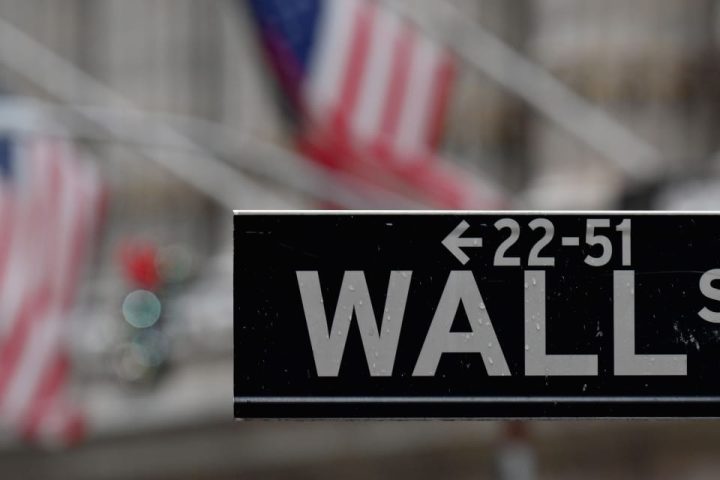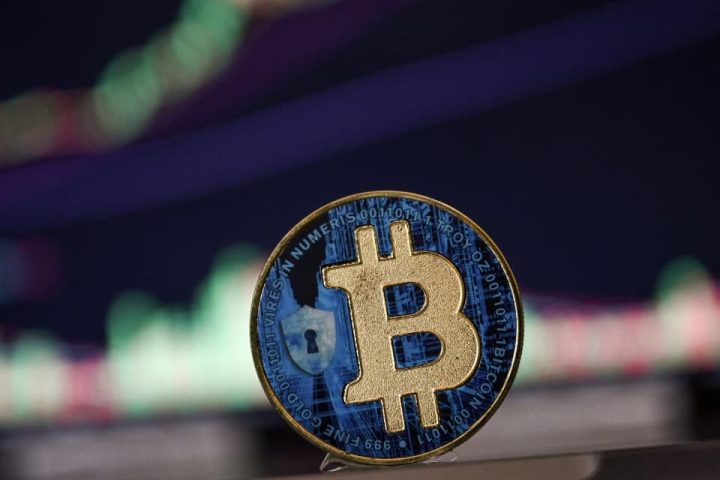The Federal Reserve needs to “wait, watch and see” how the economy evolves before making any interest-rate moves, said Fed Governor Christopher Waller on Wednesday.
Although he didn’t say so specifically, Waller’s comments, in a speech in London, suggest he is in favor of holding interest rates steady at the central bank’s next policy meeting in two weeks.
Fed officials will stop talking to the media on Friday in order to prepare for their interest-rate decision on November 1st.
Fed Chairman Jerome Powell will gives his views on the outlook Thursday before the communication blackout starts.
The Fed has rapidly raised its benchmark interest rate to a range of 5.25%-5.5% over the past 19 months to quell inflation after holding it close to zero during the pandemic. The central bank earlier forecast has one more 25 basis point hike this year.
Traders in derivative markets think a hike at the Fed’s December meeting is more likely than after the closed-door discussions in two weeks.
In his remarks in London, Waller said there are two possible scenarios that could develop in the next few months.
In the first case, the economy slows, thus allowing inflation to cool, and the Fed is able to hold rates steady.
In the second, the economy continues to power ahead and the Fed will have to hike rates further to ensure inflation comes back down to the 2% target.
“As of today, it is too soon to tell” whether the economy cools or inflation heats up, Waller said.
Waller noted that financial conditions have tightened “considerably” since July as the 10-year Treasury note yield
BX:TMUBMUSD10Y
has risen by about 90 basis points.
This may impact spending by consumers.
“Of course, I have been waiting a while for tightening financial conditions to cause a significant slowing of spending, and I have been consistently surprised at the resilience of consumer spending. So I will be patient in waiting for the data to document how spending evolves,” Waller said.
Read the full article here







